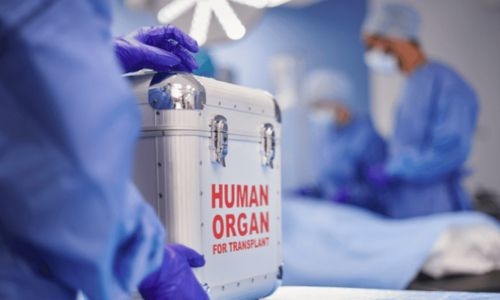New regulations have been implemented in Bahrain to govern organ transplantation practices and prevent unethical activities. The Minister of Health, Dr Jaleela Al Sayyed, has issued Decision No. 33 of 2024, which outlines the framework for Decree-Law No. (16) of 1998 regarding the transfer and transplantation of human organs. These new rules aim to ensure that all organ transfers adhere to ethical standards by prohibiting the sale of organs and requiring clear consent processes.
According to the new regulations, organ transplants can only take place in accordance with the law. The rules explicitly forbid any transfers that could lead to confusion in family lineage, as well as the buying or selling of organs. Donors and their families are not allowed to receive any payment for organ transfers, and medical professionals are prohibited from carrying out transplants if they are aware of these rules.
Organ transplants in Bahrain now require prior approval from the relevant authority, following specific procedures established by the Minister. The regulation designates which health institutions are authorized to conduct these procedures, with qualifications determined by the Minister based on recommendations from the authority. A public list will be made available to show which institutions are permitted to handle specific organs.
A ‘Central Committee’ has been established to oversee organ transplants in Bahrain, formed by the Minister in collaboration with the Supreme Council of Health (SCH). This committee will develop guidelines for organ transfers, particularly in urgent situations, focusing on issues such as conducting necessary medical tests, regulating organ exchanges, confirming the necessity of transplants for recipient survival, and ensuring compatibility between donor and recipient.
Article 10 of the regulations prohibits the transfer of any organ from a living person if it could result in serious harm or death, even with consent. Both the donor and recipient must receive clear information about the procedures and risks from a specialized medical committee in two separate sessions, with both parties signing a record maintained by the health institution. The regulations also address post-mortem organ transfers, stating that organs can only be removed after confirmation of death by a committee of at least three doctors, including a neurologist.
The regulations also allow for the transfer of organs from deceased individuals for transplantation, provided the Central Committee approves it and the deceased did not object during their lifetime or their relatives consent afterward. Article 15 permits the electronic organization of organ donation agreements, as long as they are witnessed by two qualified individuals. These new regulations are aimed at ensuring transparency and adherence to ethical standards in organ transplantation practices in Bahrain.










